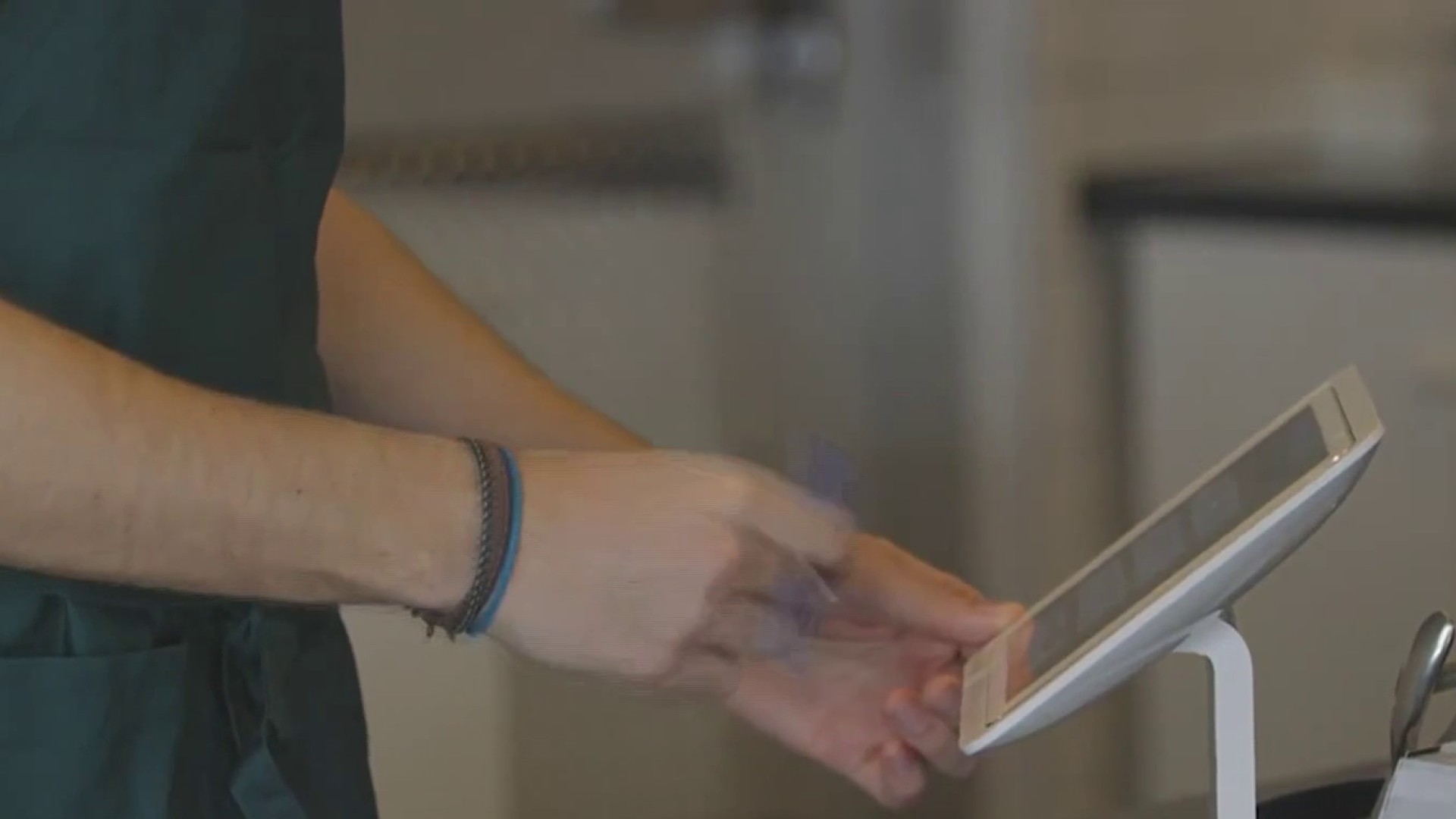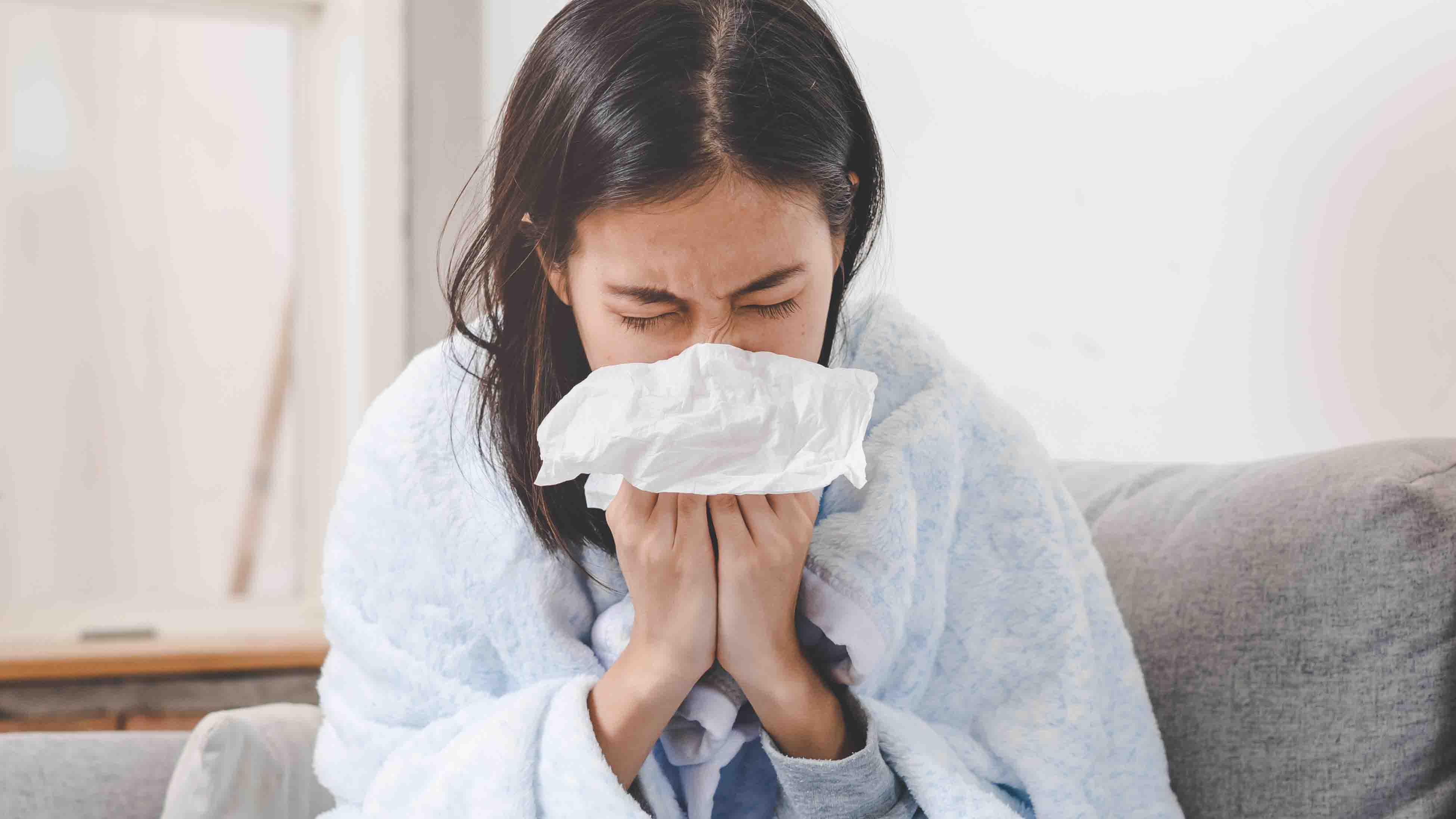
The horrific death of a visiting nurse this week is prompting calls for action both in Washington and here at home in Connecticut.
Joyce Grayson was found inside a Willimantic home over the past weekend. Police say a patient is a suspect in her death.
NBC Connecticut's Mike Hydeck spoke with Sen. Saud Anwar (D-South Windsor), co-chair of the Public Health Committee, about it. Anwar is also a medical doctor.
Mike Hydeck: So first up - a visiting nurse in Willimantic, she was treating a patient in a halfway house. The questions come to mind, so many of them. Why was she allowed to go in that house alone in a situation where we knew this person had a violent past? This is scary. And it caused all of us pause. What happened here?
Get Connecticut local news, weather forecasts and entertainment stories to your inbox. Sign up for NBC Connecticut newsletters.
Saud Anwar: Yeah, first, Mike my heart goes out to Joyce and her family and every healthcare worker, including home health workers, but literally every healthcare worker is, we're all grieving. When I look at this case, it's even more heartbreaking because this should not have happened. This was preventable. And that's why we as a legislative body, we are going to do whatever it takes to make sure that we protect each and every healthcare worker. We already have passed bills to protect healthcare workers. But we have not done enough for home health workers. And I think this is what we will be working on going forward.
Mike Hydeck: Is it right now, as it stands with the state, because we know it's loosely regulated from other stories regarding other patient conversations with us. Is it based on the company on what their regulations are and if she's allowed to go into that house alone? You had mentioned earlier this week that loopholes were an issue. Is that one of the loopholes?
Saud Anwar: So I think what has happened is that some of the companies are also not following the regulations, but also the type of population that they're serving may have an impact as well. But the state needs to put laws to require these companies to have protections and safety net that needs to be created.
Face the Facts
Face the Facts with NBC Connecticut goes beyond the headlines, asking newsmakers the tough questions, giving an in-depth analysis of the big stories.
Mike Hydeck: What would you like to see as protections? One of the things you mentioned is either having someone entered the house with her, maybe a guard or I'm not sure. How does that work? How would it work?
Saud Anwar: So I think having safety committees within these home health services to look at every patient that they're going to see to know, what are the medical information that is going to give us insight, but also safety information for the staff that's going to visit. It's not only nurses, it's social workers, it's patient care attendants, everybody, there's so many people who provide care in homes. We want to make sure that whoever is going to enter that home, which is going to be their workplace, it's going to be safe from that individual or their families. And that's part of what the work needs to be advanced. So if this is a high risk situation, they go in pairs or they get an escort.
Mike Hydeck: So there's going to be situations where people are in traumatic situations, the patient is, and they do need help. But it doesn't mean somebody has to go into a situation like that by themselves.
Saud Anwar: Yes, we need to provide care to anybody who needs to care. Period. However, we need to make it safe for the person who's receiving it, but also the person who is providing it.
Mike Hydeck: How would you like to see that happen? Should companies be held responsible if they don't follow this? Can they have their license pulled? Do they get fined? What would you foresee happening in the future if they don't follow the regulations?
Saud Anwar: I think we have to make sure especially in a time when we don't even even have enough healthcare workers and we are trying to get more people to make this a career, we have to make sure there's zero tolerance for any kind of violence, attack on healthcare workers in any place. But more importantly, we need to make sure that employers are going to follow the rules. And they need to get paid for it too, because they are, right now the healthcare margins are so low that it's very difficult to provide escorts. But we will have to help that part, too.
Mike Hydeck: So we know the high cost of staying in the hospital, if you have to stay for an extended stay. The high cost of putting your your parents into a nursing home, it all contributes to the fact that it's very difficult to try to pay for medical bills these days. That led to the proliferation of these home healthcare agencies, which are kind of, it seems, loosely regulated. It could just be even we've done stories here on NBC Connecticut, where a home healthcare aide went in and ended up getting the financial information of a patient and that was injurious to their whole financial picture. Do these things need to be regulated across the board in a more stringent way, do you think?
Saud Anwar: Yeah. Mike, you're absolutely right. First, I think the best care is if we can provide it at home, that's the best place. As we are an aging society, more and more people will get their home and their health in their home environment. So the people who are going in their homes need to be safe. And the people providing that care have to be protected and then have that background check. We have that part fairly well taken care of. But the safety of the healthcare workers, we need to do a lot more on. This entire arena has, we need to have a look at it and see how we can improve this because this is the fastest growing segment in healthcare.
Mike Hydeck: So as we know, many departments in our state are understaffed. If this passes as a law, where's the check and balance? Do we have enough people to go and investigate a case where it sounds like it's going down a bad path before it gets tragic? I mean, do we have to add staff so you can even check up on this?
Saud Anwar: Yes, we do have staff in the state, but you're absolutely right. We don't have enough people in various agencies. So we will have to invest in that arena as well. So clearly, if we are going to regulate them more, more people need to watch that. And then we will have to invest in the Department of Public Health for that purpose.
Mike Hydeck: So how do you start? Will you be working on a bill to try to put before the next legislative session or what happens next?
Saud Anwar: So a few days ago, we all came together. We were legislators, bipartisan, everybody, the leadership included, and we feel this is important that we protect each and every healthcare worker, including the healthcare workers at home. So this will be one of our priorities to make sure that we do this right, and get all the stakeholders together and then make the bill which is going to be sustainable, safe for everyone.



